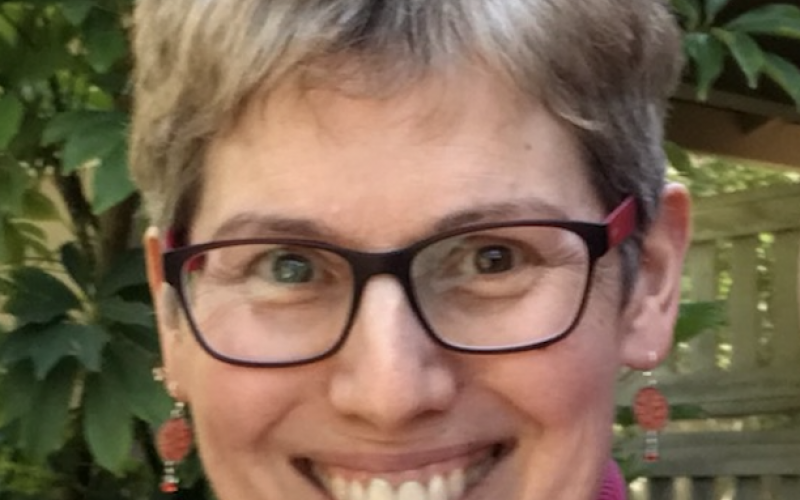Colleen Reardon on "Writing a Tenor’s Voice: Cesare Grandi and the Siena Production of Il Farnaspe (1750)"
Join us for the first 2020 lecture of the 2019–2020 UCI Musicology Guest Lectures series. Our own Colleen Reardon will speak on “Writing a Tenor’s Voice: Cesare Grandi and the Siena Production of Il Farnaspe (1750),” 4 PM, CAC first floor Colloquium room.
As scholars press forward with their explorations of eighteenth-century drammi per musica productions as events (departing from a more singular focus on the work as captured in a musical score), revelations about the communities and individuals who had a hand in the shape of an opera continue to grow. Much recent work, for example, has focused intently on how performers influenced both the composition of a work and its production process. We have long known that composers often took into consideration singers’ voices, especially those of the renowned sopranos and castratos of the day—Francesco Bernardi, Faustino Bordoni, and Francesco Cuzzoni, to name just a few, who took the prima donna and primo uomo roles—and sometimes bowed to their wishes when composing parts for them. Prominent singers could also exert pressure in other ways, requesting control over the works programmed during a season, or a say in the hiring of other cast members.
But what of singers further down the hierarchy—those accustomed to taking the roles of the second or third man or woman? One might assume that their lesser status meant that they could not exert the same kind of power. This assumption is, however, belied by a cache of 119 letters regarding the preparations for staging a musico-dramatic work in Siena in 1750. These documents not only provide a rich new source of material on the complexity of the impresarial role, they also offer a case study of how one singer accustomed to playing secondary parts—the hitherto unknown tenor Cesare Grandi—could take charge when the impresario was an amateur without the expertise and connections necessary to bring off an opera. Letters from Grandi to the aristocratic impresario show that he successfully recruited instrumentalists and singers to the opera (including the star attraction, Gioacchino Conti), had music copied for all parts, revised the libretto, and suggested the costume designer, the actual work to be performed, and the time period in which it should premiere. It was largely due to Grandi’s careful handling of both the impresario and many of the impresarial duties that the premiere of Il Farnaspe, scheduled to celebrate the reopening of a new opera theater, was such a triumph.
Biography
Colleen Reardon received her Ph.D. from the University of California, Los Angeles and is Professor of Music at the University of California, Irvine. Her research centers on musical culture in Siena from the sixteenth through the nineteenth centuries. She has received grants from the Fulbright Foundation and the National Endowment for the Humanities to pursue her work. Her publications include three books with Oxford University Press—A Sociable Moment: Opera in Siena, 1669-1704 (2016), Holy Concord within Sacred Walls: Nuns and Music in Siena, 1575-1700 (2002), and Agostino Agazzari and Music at Siena Cathedral, 1597-1641 (1993)—as well as numerous articles. Current projects include an examination of a mid-eighteenth-century opera seria in Siena, and the American tour of the Sienese soprano Marietta Piccolomini (1834-99).
Click here for more information on the musicology lecture series.

